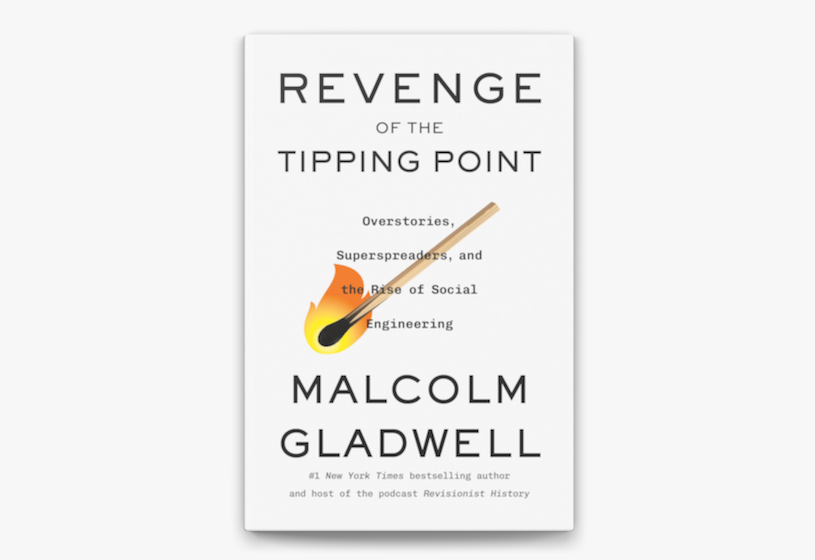LAST TRAIN TO MEMPHIS, part one of Peter Guralnick’s projected two-volume biography of Elvis Presley, starts off slow and easy—not with Elvis himself, but with Sam and Dewey Phillips, the two men who years later would send him down the road to stardom. This is on purpose. Guralnick aims to give us not the Elvis we already know—the larger-than-life Elvis of myth and merchandising—but “the real Elvis Presley” as he emerged from the fertile soil of the Mississippi Delta.
 That puts much of the focus on people such as Sam Phillips, the Memphis recording entrepreneur whose Sun label issued Elvis’ first recordings, and Dewey Phillips (no relation), the Memphis deejay who first put them on the air. It also involves setting the record straight on any number of questions, like who Sam Phillips really was and what he had in mind when he brought the 19-year-old Presley into his little storefront recording studio. For instance: Did Phillips really say, as the late Albert Goldman maintained in his 1981 biography, Elvis, that he was looking for “a white boy who could sing like a nigger”? As capital of a vast cotton-growing region where black labor yielded white wealth, Memphis was a rich stew of folk cultures kept distinct by strict racial taboo. When Dewey Phillips, a white boy spinning colored platters nightly on WHBQ, began to pick up a white audience, that taboo started to wane. Sam Phillips’ recording of Elvis was the logical next step. Was Phillips acting out of casual, unthinking contempt for black music, or out of passion and respect? It’s a critical question, because in the mythology of rock ’n’ roll, the racism of Phillips’ ambition as reported by Goldman stands out as something like original sin.
That puts much of the focus on people such as Sam Phillips, the Memphis recording entrepreneur whose Sun label issued Elvis’ first recordings, and Dewey Phillips (no relation), the Memphis deejay who first put them on the air. It also involves setting the record straight on any number of questions, like who Sam Phillips really was and what he had in mind when he brought the 19-year-old Presley into his little storefront recording studio. For instance: Did Phillips really say, as the late Albert Goldman maintained in his 1981 biography, Elvis, that he was looking for “a white boy who could sing like a nigger”? As capital of a vast cotton-growing region where black labor yielded white wealth, Memphis was a rich stew of folk cultures kept distinct by strict racial taboo. When Dewey Phillips, a white boy spinning colored platters nightly on WHBQ, began to pick up a white audience, that taboo started to wane. Sam Phillips’ recording of Elvis was the logical next step. Was Phillips acting out of casual, unthinking contempt for black music, or out of passion and respect? It’s a critical question, because in the mythology of rock ’n’ roll, the racism of Phillips’ ambition as reported by Goldman stands out as something like original sin.

LAST TRAIN TO MEMPHIS The Rise of Elvis Presley, by Peter Guralnick (Little, Brown & Co.: $24.95; 560 pp.)
Guralnick paints Phillips as a man whose devotion to rhythm & blues made him a serious nonconformist in the Memphis of the early 1950s—hardly the kind of man who’d say what Goldman claimed he did. He also says Goldman got the quote wrong, but he saves that information for a source note that fails even to acknowledge the controversy.
What we have here is a biography that is at once magisterial and quirky. A Massachusetts writer who in such earlier books as Sweet Soul Music and Searching for Robert Johnson has explored with affection and intelligence the Southern music that gave rise to rock ‘n’ roll, Guralnick has produced the definitive chronicle of Elvis’ early years—of his rise from obscurity and his launch to unparalleled stardom. But in his zeal to scrape away the glittery encrustation of myth, to “rescue” Elvis from the mass adulation he inspired, he is relentlessly singleminded. He refuses to delve into messy questions of motivation and psyche. He declines to acknowledge exactly what it is he’s rescuing Elvis from.
Despite the torrent of books on Elvis, from sizzling exposes by disgruntled ex-attendants to the tart confessional of ex-wife Priscilla, only one other writer has attempted a full-scale biography in the 17 years since his death. That was Albert Goldman, who ridiculed Elvis and his world so mercilessly that Greil Marcus—a critic with whom Guralnick has much affinity—accused him of attempting “cultural genocide.” It’s probably beside the point to suggest that Goldman might have been acting partly out of self-loathing, that he might have identified with Elvis in some way he was or was not prepared to admit. Yet despite its carpetbagger mentality, its eagerness to dismiss Elvis and all around him as woefully ignorant hillbillies, his Elvis is a fried peanut-butter-and-banana sandwich of a book, as irresistibly over the top as a performance by the King.
Before and After Punk |
A mild-mannered music writer goes to this dive bar on the Bowery. . . |
Why Elvis?The King was just a sweet mama’s boy whose vague dreams of stardom took him places he’d never dreamed of.
|
Minimal and MysticalWhat does “Einstein on the Beach” have to say to us in this post-Minimal era?
|
Laurie Anderson, Multimedia Techno-WaifA spiky-haired extra-terrestrial stumbles forward into the future.
|
A Rotten Success StoryPublic Image Ltd.: Are they committing rock’n’roll suicide, or are they simply boring?
|
Dee Dee Ramone Didn’t Wanna Be a Pinhead No MoreSo the New York rocker who practically invented punk kicked heroin, bought a dinette set, and married Vera, who was, you know . . . normal.
|
Discophobia!Rock & roll fights back.
|
Peter Townshend Gets Old Before He DiesThe leader of the Who has been questioning his role in the youth cult for most of this decade.
|
Elvis Costello Wins Friends and Influences PeopleLast Friday afternoon, the avenger had some explaining to do.
|
Danny Fields Is a Number-One Fan“When I first saw the Ramones I went up to them after the set and—‘You guys are great! You guys are great!’ That’s all I could say.”
|
Four Conversations with Brian EnoHe can look into an interviewer’s face and measure the determination to report something weird.
|

 October 2, 1994
October 2, 1994





